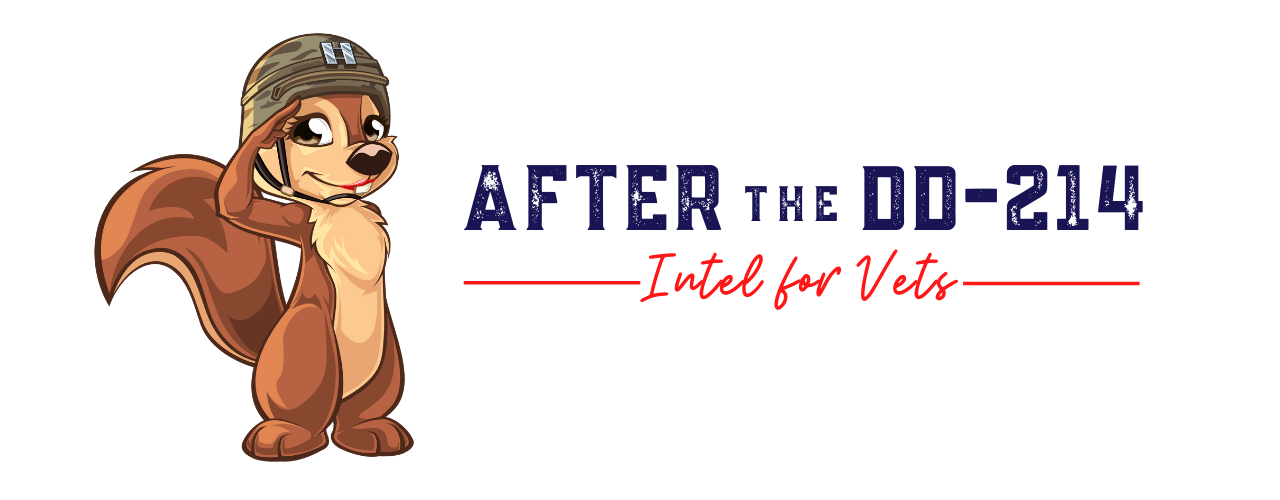If there is one book I wish had been published before I left active duty, this is it.
Like a lot of vets, I may have thought I was prepared to leave the military (looking back, I’m not sure I was) but I was not at all prepared for what came after. “If I had known what civilian life was like, I would have never left the military.” I’ve said that before and have heard it multiple times from friends and students. I think the sentiment comes not just from what we miss about the military (the camaraderie, the excitement, for example) but also from being wholly unaware of what the civilian world really entails, what the rules are, and how glaringly different it can be from the military world. This lack of knowledge makes it hard to set correct expectations and to plan for what is coming next, especially in your professional life. Combat Leader to Corporate Leader: 20 Lessons to Advance Your Civilian Career is the perfect solution.
It is written by Chad Storlie, a recently retired Army Reserves and Special Forces officer with over 20 years of service, who also holds an MBA from Georgetown University and has done marketing and sales for companies such as GE and Comcast. Basically, he’s got the goods in both the military and business sectors and his book shows it. It gives a veteran or transitioning servicemember a roadmap for which military skills and training are assets in the business world – and which ones you should pack in a box with your old uniforms.
The book is literally filled with advice I wish I had known when I separated and, six years after separation, advice that I still found useful. I’m only going to highlight a few of the items that I like the most – because I am sure you are going to go read it for yourself (if we were still in the military, I would be doing the proverbial foot stomp here).
1) Unlike other books, that sometimes just tell you how great you were for serving, Storlie tells it like it is. He makes it clear that to succeed, vets have to get out of the “If I had known” mentality I mentioned above. For better or worse, we ARE civilians now and the only way to make it as a civilian is to embrace that fact and get involved in the civilian community.
2) He also tells you where the minefield is…and then tells you how to navigate it. For example, he talks about how the civilian world has “unwritten rules and hierarchies [and] a seemingly ‘dog-eat-dog’ code of conduct.” (Which, for the record, has to be the biggest challenge I encountered in the civilian work environment.) Then he goes on to tell you how to navigate that minefield with chapters on how to build networks (Chapter 4) and how to position yourself for promotion (Chapter 18).
3) One of the things my students used to most appreciate was that I could “translate” from military to civilian. For example, comparing a “Provost” to a “Base Commander” or a “syllabus” to an “OPORD.” Storlie does the same thing. Throughout his book, you’ll find charts that give examples of whatever concept he is discussing (integrity, for example) and how those would manifest themselves in both military and civilian situations. I loved this aspect of his book for the same reason my students used to love it – it puts civilian terms and concepts into a context that I already understand.
4) But he doesn’t just stop at a few examples of military to civilian equivalents, he actually goes in depth on how some of the most ingrained military concepts, such as the war gaming process or the after-action review, can be modified and applied to the business world. The benefit to this isn’t just that you get a better understanding of what goes on in the business world or that you understand how to take something you already know and adapt it, but it also can help you during an interview.
As I’ve been talking about all week, sometimes getting civilians, who have never served, to understand what you bring to the table can be difficult – it can literally be like someone from two foreign countries, with no language or culture in common, trying to negotiate a contract. And while many employers make an effort to understand the military because they recognize the inherent value in hiring vets, some of them simply refuse to. Storlie’s examples, then, give you the leg up because, even if they refuse to learn your language, you get a crash course in theirs…and that can make all the difference in an interview.
These are just a few examples of why Combat Leader to Corporate Leader is such a critical book for vets to read. You’ll have to pick it up for yourself if you want to see everything that it offers. And I highly recommend you do.
For more information on the book or the author and to check out the FREE resources (like useful business handouts and podcasts that give you a sneak peek at the book), head over to Storlie’s official website at: www.combattocorporate.com
© 2013 – 2020, Sarah Maples LLC. All rights reserved.


1 Comment
Soldier of Finance | After the DD-214
3 February 2014 at 03:24[…] few months ago, I talked about From Combat Leader to Corporate Leader, which did an excellent job taking military terminology and concepts and applying them to the […]